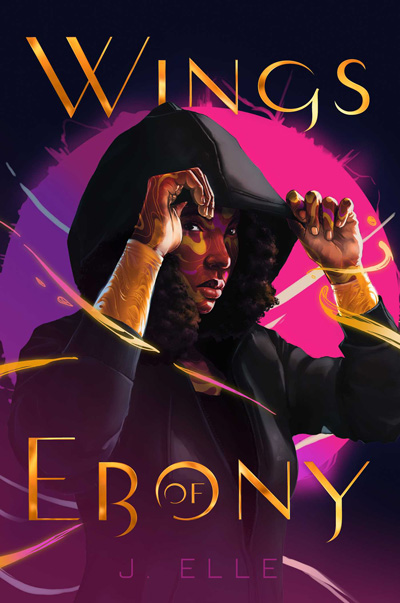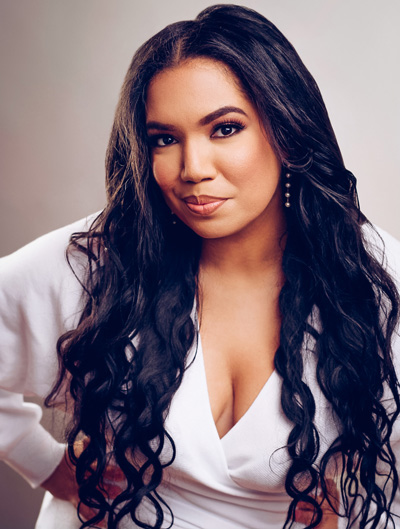One of the questions I’m always asked is what inspired me to write my debut novel, Wings of Ebony. My answer is usually about repressed processing and grieving the brutality toward Black and brown youth, and ultimately a desperation to see myself reflected on the pages of fiction. But the deeper answer, which I don’t often have the opportunity to get into in much depth in a shorter interview, is that there’s a link between literacy and upward mobility. Publishing books with diverse representation gives children within those communities an opportunity to see themselves as the hero and heroines of their own stories, which is life changing.

I had a conversation with a white author friend recently, and we were discussing when we knew we wanted to become authors. I had explained that I couldn’t fathom the idea that I could even be an author, because that just wasn’t on my radar. My friend had sat back in her chair and said, “it’s interesting you say that, because I never imagined I couldn’t be a writer because I always saw others like me doing it.”

It wasn’t until well into my adulthood that I began to see books that reflected life experiences more like mine, authors who looked like me, that I dared to try my hand at being an author. The lack of diversity on shelves stilled me from stepping into pursuing my dream for thirty-four years.
That is the power of representation.
But the benefits go beyond even that.
I fell in love with reading at an early age despite not seeing myself and I consider myself one of the lucky ones. Not every kid engages with reading the same way. As a 5th grade teacher, I had very few students who enjoyed reading recreationally. If I could find a particular book that made them laugh or had some sort of experience they could personally relate to, it was like handing them a portal to a new world. They would devour it and ask for another. Sadly, that list of books I had to hand off was very short. And this grieves me, especially because reading has the power to foster a love of learning. And isn’t that the goal of education? If it isn’t, shouldn’t it be?
The love of learning is a powerful gateway to socio-economic upward mobility, which is what inspired me to teach inner-city kids – the type of kid I was. If education is a building block of success, literacy makes the bricks, books are the mortar. The intersection of literacy and socioeconomic status cannot be overstated.
As I see it, publishing diverse literature is not optional. It is a matter of public service and duty to youth, relying on the powers that be to steady their feet on solid ground.
I write for this reason – to bring reluctant readers into the pages of a story that won’t let them go. To inspire and engage their imagination without limitations, to dare them to dream the impossible, to show them people like them are doing the “impossible,” shattering glass every day. Books have that power. And I’m so grateful I have the opportunity to serve our youth in this way.






